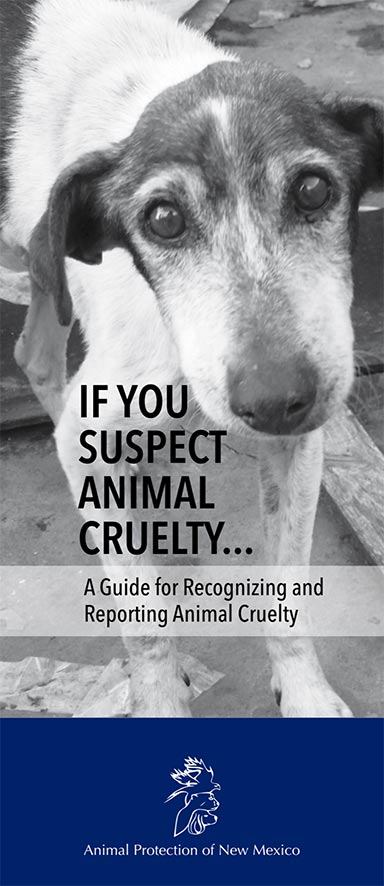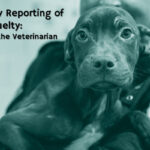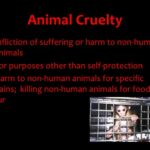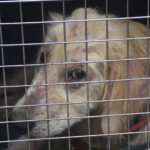In the picturesque landscape of Madeira, home to lush forests and vibrant ecosystems, resides a pressing issue that often lurks beneath the surface: animal cruelty. This phenomenon goes beyond mere observation; it proffers an unsettling glimpse into mankind’s relationship with the creatures that share our environment. Understanding how to report animal cruelty effectively is imperative, as it facilitates meaningful intervention and fosters a more compassionate society. This guide will elucidate the process for individuals keen on addressing this societal malaise.
Animal cruelty manifests in myriad forms—neglect, physical abuse, and exploitation among them. The implications of such actions extend far beyond immediate harm, affecting the psychological fabric of communities and potentially leading to broader societal issues. The first step in creating a change is acknowledging that animal cruelty can happen anywhere, including our own backyards, and recognizing the signs is pivotal.
Common indicators of animal cruelty in Madeira encompass malnourishment, lack of proper shelter, visible injuries, and unusual behavior in pets and wildlife. To the untrained eye, these signs might seem innocuous, but they often signal a deeper crisis of disregard for animal welfare. Observing an animal in distress invites a moral and ethical obligation to act.
Once signs are recognized, understanding how to report animal cruelty becomes crucial. In Madeira, the process begins with gathering information. It is incumbent upon the observer to take meticulous notes. Documenting the location, date, time, and circumstances of the incident may seem tedious but is vital for efficacious reporting. Photographic evidence enhances the reliability of your statement, lending credence to your claims and enabling authorities to grasp the situation more thoroughly.
Reporting methods vary. In Madeira, one can contact the local authorities or the police. The Polícia de Segurança Pública (PSP) has protocols in place to address such matters, including wildlife and domestic animal abuse. Additionally, the Serviço Animal (Animal Service) in the municipality may also be consulted. Having a comprehensive understanding of the appropriate contacts ensures that your report reaches the right channels swiftly.
It is important to acknowledge that responses to reports of animal cruelty may differ. Authorities may conduct their investigations, which could involve collaborating with veterinarians or animal welfare organizations. The urgency of the situation dictates the response time. In cases of immediate danger, it is advisable to follow up on your report, pressuring for action when necessary. Authorities are legally obliged to take reports seriously, although the extent of their response can vary based on numerous factors, including available resources.
Beyond individual reporting, it is crucial to understand Madeira’s legislative framework regarding animal protection. The legal provisions laid out in the “Animal Welfare Law” offer guidelines against cruelty but also emphasize the necessity for public engagement. These laws delineate what constitutes animal cruelty and the penalties for offenders, aiming to establish a deterrent effect while fostering a culture of compassion.
Advocacy extends beyond passive reporting; educating fellow community members about animal welfare reinforces a robust network of vigilance. Organizing informational sessions, workshops, or community outreach programs can build a conscientious coalition anxious to combat animal cruelty. Empowering others to take action is paramount. There is strength in numbers, and a well-informed populace is an effective bulwark against the perpetrators of animal neglect.
For those who desire to take their commitment a step further, partnering with local animal protection organizations can be immensely beneficial. Various groups and shelters across Madeira are dedicated to rescuing and rehabilitating abused animals. Engaging with these entities provides volunteers not only with an outlet for their passion but also with an opportunity to drive reform policies within the community.
Common misconceptions regarding animal reporting persist, often deterring individuals from taking action. Some may believe that intervention in various situations is unnecessary or unwarranted. Others may exhibit a misguided sense of loyalty towards individuals suspected of neglect. These sentiments can perpetuate cycles of abuse. It is essential to dispel these notions by focusing on the welfare of the animals rather than the discomfort of individuals involved.
There is also a tendency among people to confuse animal neglect with mere poverty or socio-economic hardship. While resource limitations can contribute to neglect, attempting to excuse cruelty undermines the severity of the issue. Implementing programs that support low-income individuals with pet care, food distribution, and education can alleviate situations without excusing maltreatment.
Ultimately, reporting animal cruelty is an act of advocacy—a declaration that every living being, no matter how small or seemingly inconsequential, deserves respect and dignity. Adopting a proactive stance through reporting, educating, and advocating nurtures a community ethos that cherishes the bond we share with animals. Change does not happen in isolation; it requires collective effort, unwavering determination, and a relentless commitment to justice.
In conclusion, the framework for addressing and reporting animal cruelty in Madeira is not just a guideline but a call to consciousness. Embracing responsibility and educating oneself and others fosters a society that not only recognizes but also actively opposes animal cruelty. Through diligent observation, timely reporting, and community engagement, every individual can play a role in ushering in a more humane reality for the voiceless inhabitants of our shared planet.








